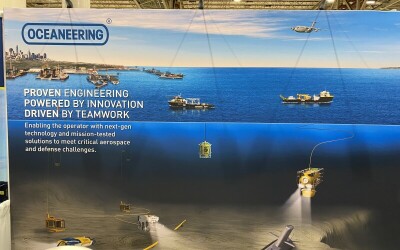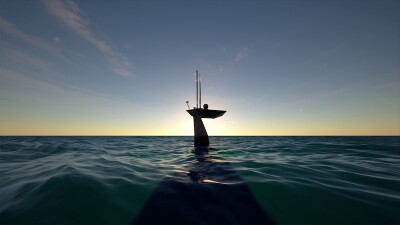I don’t know about you, but it always rankles me when meteorologists at the National Hurricane Center name hurricanes after women. Female boat-naming doesn’t bother me, but female hurricanes get me all blown out of shape. How many Katrinas, Ritas and Sandys do you know that are the constant brunt of stupid jokes about unpredictability and dramatic entrances?
Naming Atlantic hurricanes began in 1950, with the idea that a recognizable moniker would help people recall storm information. All storms — both hurricanes and tropical storms — carried female names until 1979. Since then, names alternate during a hurricane season between the sexes in alphabetical order, according to a list prepared by the hurricane center. The names must be understandable in three languages — English, Spanish and French — as Atlantic storms also touch countries in Central America and the Caribbean.
Now we learn from researchers that naming a hurricane has another important consequence: female-named storms cause more deaths than those with male names. Apparently a storm named Isabel sounds less dangerous than one named Ivan, so people are less motivated to prepare, take shelter or evacuate.
Researchers at the University of Illinois and Arizona State studied the death tolls from 94 U.S. hurricanes between 1950 and 2012 and found that those with feminine names resulted in more fatalities than those with masculine names. (They excluded Audrey in 1957 and Katrina in 2005, as these storms were very deadly and would have biased the study) A storm that would kill on average 15 people if it had a masculine name would kill 42 if it had a feminine name, the study said.
Then in six experiments, they polled more than 300 participants and found a link between gender and perceived risk. Both men and women predicted that female-named hurricanes would be less severe than male-named ones.
The reason? Implicit sexism, researchers said in their study released in June in the Proceedings of the National Academy of Sciences.
“In judging the intensity of a storm, people appear to be applying their beliefs about how men and women behave,” said Sharon Shavitt, one of the report’s authors. “This makes a female-named hurricane, especially one with a very feminine name such as Belle or Cindy, seem gentler and less violent.”
The study estimates that changing a severe hurricane’s name from Charley to Eloise could nearly triple the death toll.
The study has drawn lots of attention, and lots of criticism. The methodology has been called into question, as well as the correctness of the conclusions.
But the authors defend their work and suggest that it might be time to scrap the male-female naming system for a new approach.
Name them after men only? Drop human names altogether? Use numbers? Or adopt a phonetic alphabet like the one used by the military during WW II, with names like Able, Baker and Charlie?
What do you think?




